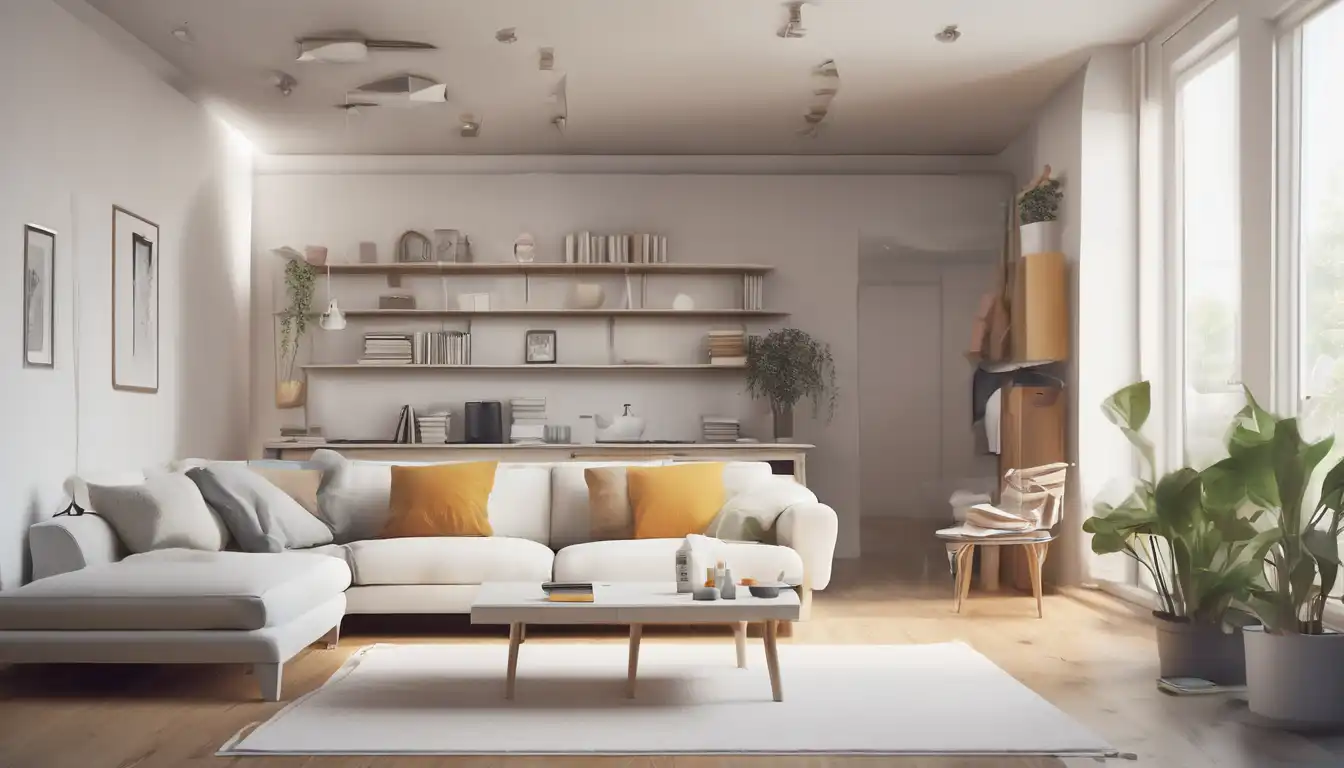Transform Your Life with Minimalist Living Principles
Minimalist living represents more than just an aesthetic choice—it's a powerful lifestyle philosophy that can dramatically improve your mental clarity, reduce stress, and create more space for what truly matters. In our increasingly cluttered world, embracing minimalism offers a refreshing alternative to the constant pursuit of more possessions, more commitments, and more complexity. This comprehensive guide will walk you through practical minimalist living tips that anyone can implement to achieve a clutter-free life.
Understanding the Core Principles of Minimalism
Before diving into specific strategies, it's essential to grasp the fundamental principles that underpin minimalist living. Minimalism isn't about deprivation or living with nothing; rather, it's about intentionally choosing what adds value to your life and eliminating what doesn't. The philosophy centers on quality over quantity, purpose over possession, and experiences over things. By adopting this mindset, you'll find that less truly becomes more—more time, more freedom, and more peace.
Start with a Systematic Decluttering Process
The journey to minimalist living begins with decluttering your physical space. Follow these steps for maximum effectiveness:
- Category-by-category approach: Instead of room-by-room decluttering, work through categories like clothing, books, kitchen items, and sentimental objects
- The 90/90 rule: If you haven't used an item in the past 90 days and don't plan to use it in the next 90, consider letting it go
- One-in-one-out policy: For every new item you bring into your home, remove one existing item
- Digital decluttering: Don't forget to apply minimalism to your digital life by organizing files and deleting unnecessary apps
Create Intentional Living Spaces
Once you've decluttered, focus on creating spaces that serve specific purposes and promote calm. Designate areas for different activities—a reading nook, a workspace, a relaxation zone. Ensure that every item in these spaces has a designated home. This approach not only maintains organization but also reinforces the minimalist principle of intentionality. Consider implementing storage solutions that hide clutter while keeping essentials accessible.
Develop Mindful Consumption Habits
Minimalist living extends beyond your current possessions to how you acquire new ones. Cultivate these mindful consumption practices:
- Wait 24 hours before making non-essential purchases to avoid impulse buying
- Ask "why" before buying: Determine if the item serves a genuine need or aligns with your values
- Prioritize quality over quantity when purchases are necessary
- Embrace experiences over things when considering how to spend your resources
Streamline Your Daily Routines
Minimalism isn't just about physical possessions—it's about simplifying all aspects of life. Create streamlined routines that reduce decision fatigue and free up mental energy. Consider adopting a capsule wardrobe to simplify dressing, meal planning to reduce food waste and stress, and digital minimalism practices to reclaim your attention from constant notifications. These small changes compound into significant lifestyle improvements over time.
Maintain Your Minimalist Lifestyle
Sustaining a clutter-free life requires ongoing attention. Schedule regular "minimalism maintenance" sessions—perhaps quarterly—to reassess your possessions and habits. Develop the habit of daily tidying, following the principle of leaving spaces better than you found them. Remember that minimalism is a journey, not a destination, and it's okay to adjust your approach as your life circumstances change.
The Psychological Benefits of Minimalist Living
The rewards of embracing minimalism extend far beyond physical space. Research shows that clutter-free environments can reduce anxiety, improve focus, and enhance overall well-being. By eliminating excess, you create mental space for creativity, deeper relationships, and personal growth. Many people report feeling lighter, more in control, and better able to prioritize what truly matters in their lives after adopting minimalist principles.
Overcoming Common Minimalism Challenges
Transitioning to minimalist living isn't without its challenges. You might face resistance from family members, sentimental attachment to objects, or societal pressure to consume. Address these challenges by focusing on your "why"—the reasons you're pursuing minimalism in the first place. Start small, celebrate progress, and remember that perfection isn't the goal. Even incremental changes can yield significant benefits.
Minimalism for Different Life Stages
Minimalist principles can be adapted to various life circumstances. For families with children, focus on quality toys and shared experiences rather than quantity. Empty nesters might use minimalism as an opportunity to downsize and simplify. Young professionals can benefit from minimalist practices to reduce financial stress and create space for career growth. The flexibility of minimalist philosophy makes it applicable to virtually any lifestyle.
Next Steps in Your Minimalist Journey
Ready to take your minimalist living to the next level? Consider exploring related topics like sustainable living practices, financial minimalism, or mindfulness meditation. Each of these areas complements minimalist principles and can deepen your experience of a clutter-free life. Remember that the goal isn't to achieve some idealized version of minimalism but to create a life that feels authentic and fulfilling to you.
By implementing these minimalist living tips consistently, you'll discover that a clutter-free life isn't about having less—it's about making room for more of what truly matters. Start today with one small change, and watch as the cumulative effect transforms your relationship with your possessions, your time, and yourself.
